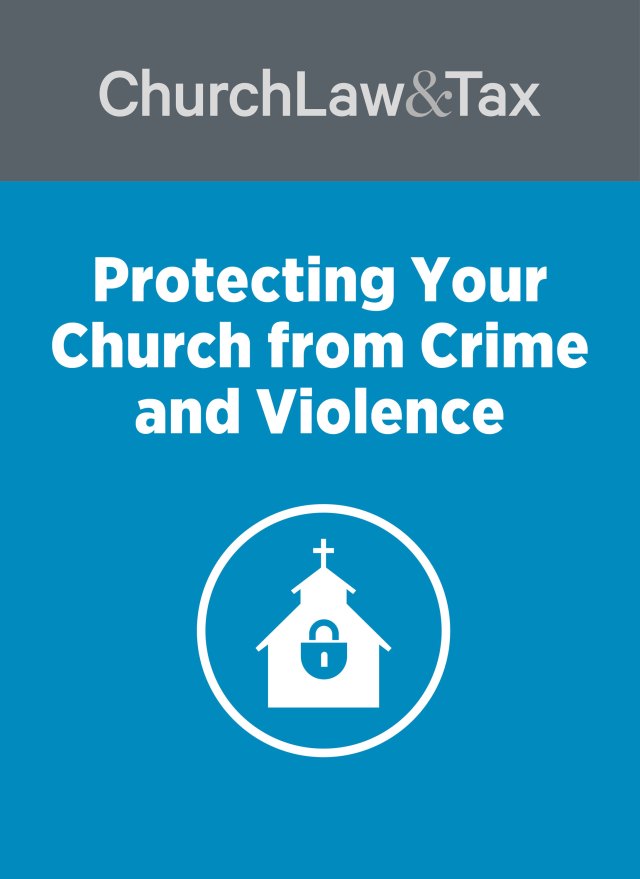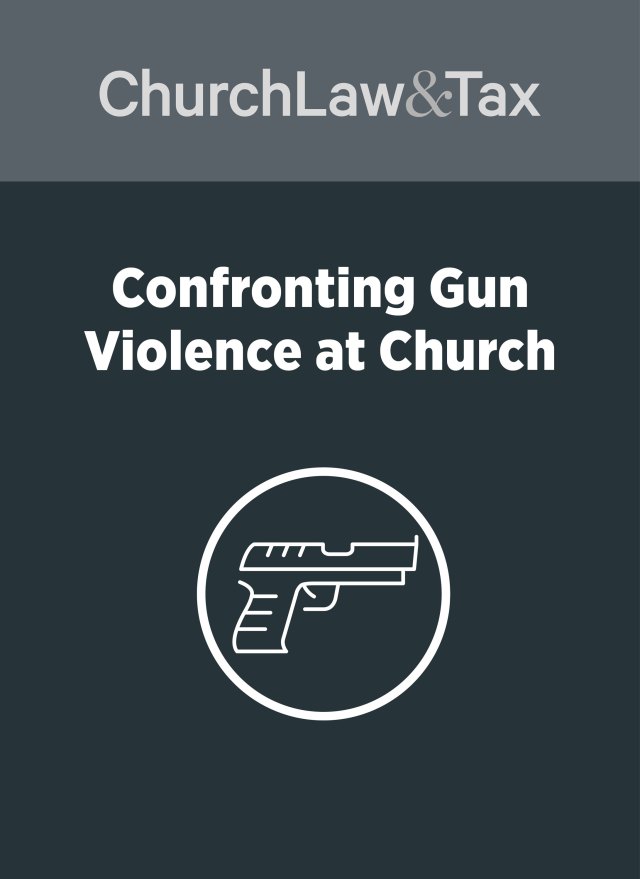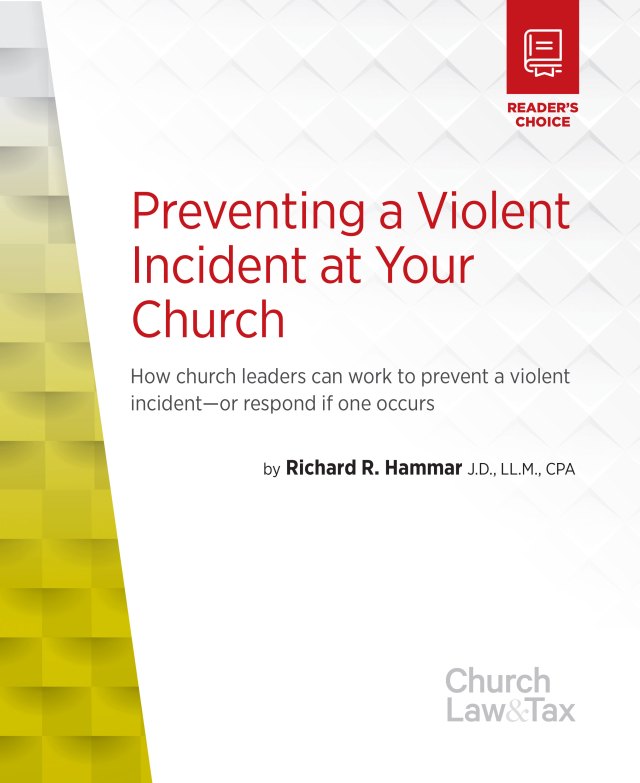1. Should we arm our security team?
This is really up to each church. Evaluate your risks and the make-up of your team.
You also need to understand the laws in your community. We primarily operate in three states (California, Arizona, and Nevada), and all three states are very different.
If your church is in California and has a school during the week (or is within 1,000 feet of another school), Governor Brown’s ‘Gun Free Zone’ extends to churches all times of the day, all year-round. Nuances in the law could result in some concealed weapons permit holders being charged with a felony if the board doesn’t take a few simple steps.
In Nevada, some insurance companies will cancel your insurance if anyone on your staff is armed.
Arizona is still like the Wild West. In some churches half of the people in the pews will be armed on a Sunday morning, which could open up a whole other bag of worms!
2. Does our church need an organized safety and security team?
I really encourage it. This is a great opportunity for a church to get involvement from people that may not be inclined to volunteer in other areas of ministry. In fact, many church members would like to combine their career experience with ministry.
In the case of an emergency, you can expect a certain level of chaos, and a church with an organized team in place, a safety and security plan, and the time to practice that plan will help improve a church’s response to a crisis—thereby reducing the overall risk should one occur.
3. We know that some law enforcement officials attend our church and they’ll respond. Isn’t that enough?
I know that most people don’t read their insurance policies, so understand this: In order for the insurance policy to fully respond (and defend your security volunteers), your security team needs to be acting within their ‘delegated authority.’ What does this mean? Formalize your security team, train them, and give them appropriate authority. This allows your insurance company to protect your security team when they are acting on behalf of the ministry.
4. How should our church respond to emergencies?
Start with a series of questions that ask “What if …” Some examples might be: “What if there is an earthquake?” “What if someone suffers a heart attack?” or “What if someone brings a weapon to the sanctuary and/or causes a disturbance?” Prioritize these ‘What ifs’ and ask your insurance agent for tools on how to prepare for these situations.
5. Will our church’s security and safety team members need a background check?
No question about it … yes!
Charlie Cutler is Managing Partner of ChurchWest, an independent agency that serves nearly 3,000 ministries in California, Arizona, and Nevada.
Related Articles:
- Stopping a Shooter by Richard R. Hammar
- Developing an Emergency Operations Plan By Sarah E. Merkle





